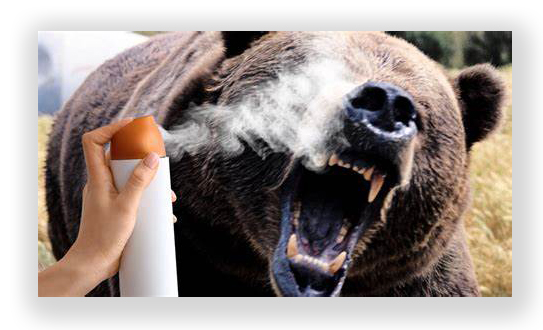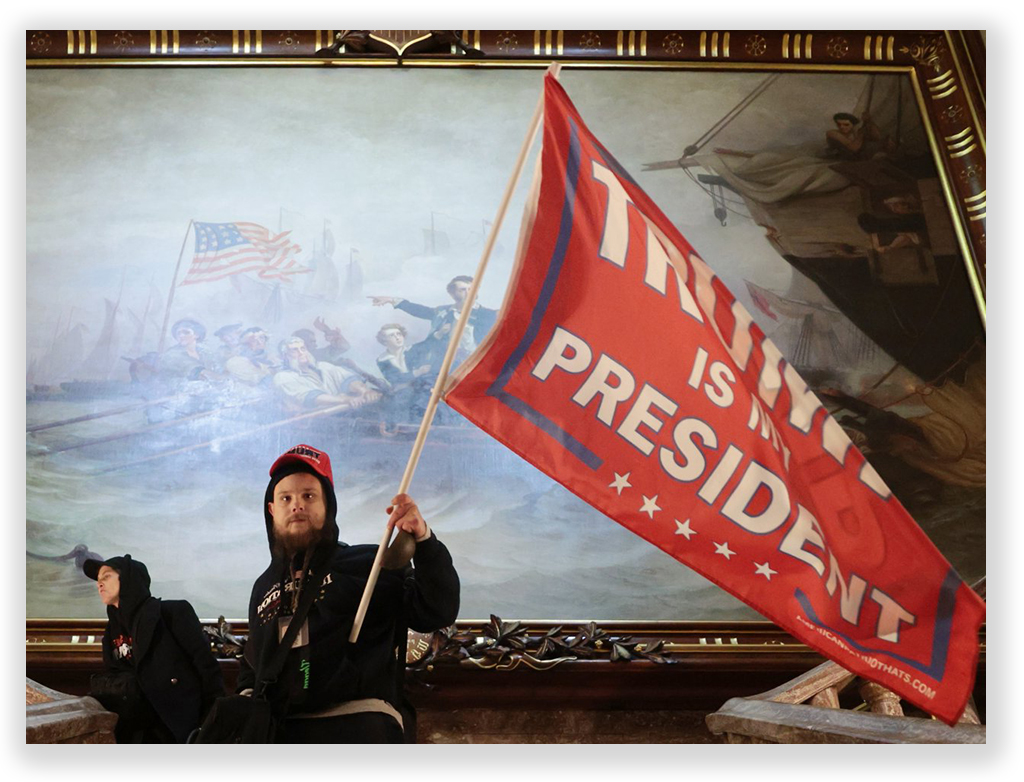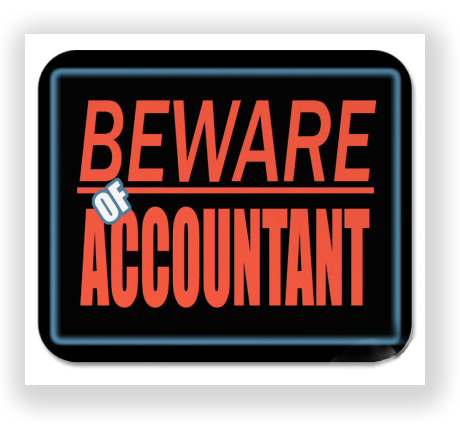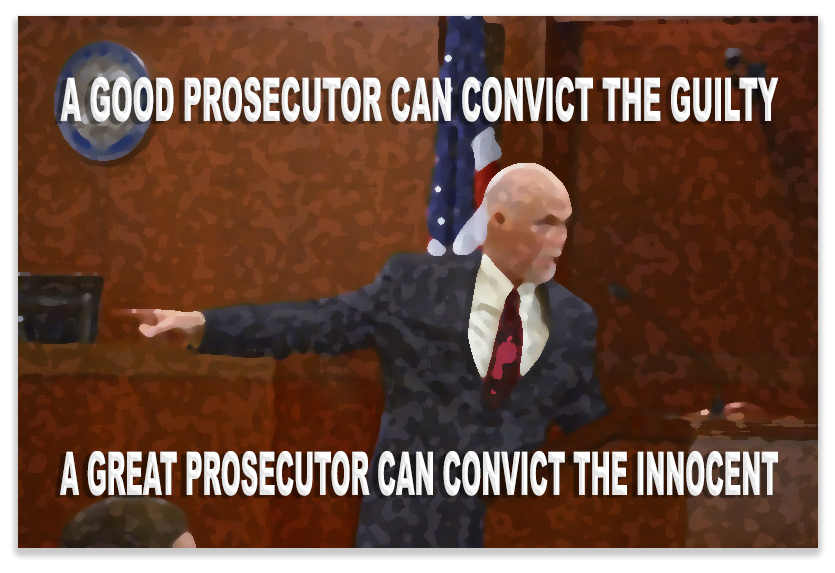We post news and comment on federal criminal justice issues, focused primarily on trial and post-conviction matters, legislative initiatives, and sentencing issues.

HOW IS A CROOKED ACCOUNTANT LIKE BEAR REPELLANT SPRAY?
 Hint: The Supreme Court says he’s not.
Hint: The Supreme Court says he’s not.
SCOTUS ruled last week in a 6-3 opinion that 18 USC § 1512(c)(2) – which bars obstruction of an official proceeding – applies only to evidence tampering, such as destruction of records or documents, in official proceedings.
The law, intended to plug a hole in the criminal code after the Enron scandal in 2001, was meant to criminalize tampering with records to obstruct their use in government proceedings. After listing “altering, destroying, mutilating or concealing objects” to impair their use in an “official proceeding,” the subsection adds a “catch-all” provision that it also applies to anyone who corruptly “otherwise obstructs, influences, or impedes any official proceeding, or attempts to do so.”
 The government unsurprisingly has seized on the “catch-all” to prosecute people who rioted on January 6, 2021, at the Capitol, including more than one person who used bear spray on Capitol Hill police. This is not to say that the “tourists” who trashed the place with human feces on the walls and beat up the police didn’t have it coming: what they did was rioting, pure and simple.
The government unsurprisingly has seized on the “catch-all” to prosecute people who rioted on January 6, 2021, at the Capitol, including more than one person who used bear spray on Capitol Hill police. This is not to say that the “tourists” who trashed the place with human feces on the walls and beat up the police didn’t have it coming: what they did was rioting, pure and simple.
However, you can always trust the Dept of Justice to stretch a criminal statute like a taffy pull when the government wants to convict someone. Why be simple – say, charging them with riot, mayhem, assaulting a federal officer, criminal trespass – when you can be cute?
 The Supreme Court effectively vacated about 300 of those January 6th § 1512(c)(2) convictions, holding that the general principles used to construe statutes instruct courts that “a general phrase can be given a more focused meaning by the terms linked to it.” Because subsection (c)(2) immediately follows examples that relate to messing with “objects” to be used as evidence, SCOTUS said “the most sensible inference” is that the scope of (c)(2) is limited by the examples in (c)(1).
The Supreme Court effectively vacated about 300 of those January 6th § 1512(c)(2) convictions, holding that the general principles used to construe statutes instruct courts that “a general phrase can be given a more focused meaning by the terms linked to it.” Because subsection (c)(2) immediately follows examples that relate to messing with “objects” to be used as evidence, SCOTUS said “the most sensible inference” is that the scope of (c)(2) is limited by the examples in (c)(1).
The government’s expansive construction of subsection (c)(2) would have other effects as well, the majority opinion suggested. It “would criminalize a broad swath of prosaic conduct, exposing activists and lobbyists alike to decades in prison.”
Fischer v. United States, Case No 23-5572, 2024 USLEXIS 2880 (June 28, 2024)
– Thomas L. Root



